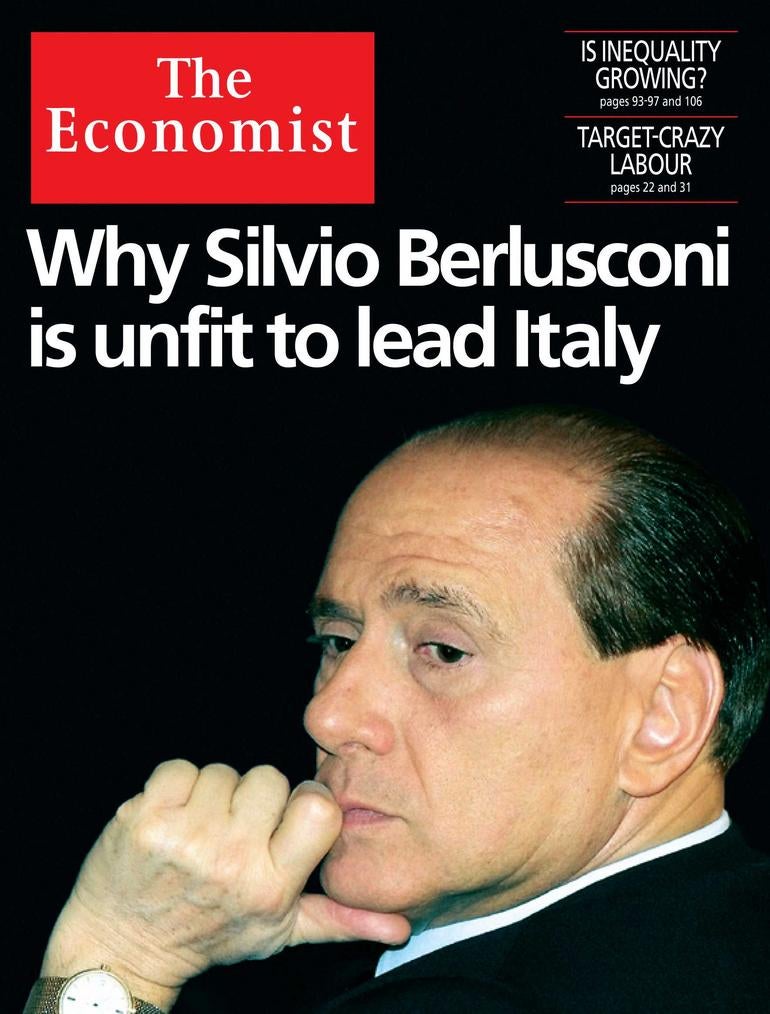
The Economist will next week introduce a new website paywall preventing non-subscribers from accessing its achived editorial content.
The existing paywall, which allows free access to magazine editorial published in the last 12 months, will be scrapped from 13 October.
It will be replaced with a new system that will provide free online access only to content from the magazine which is under 90 days old.
In addition, the section of Economist.com that allows users to browse, for free, the current edition of the magazine – called ‘This week’s print edition’ – will now only be available to the magazine’s subscribers.
Ben Edwards, publisher of Economist.com, said the magazine intended to continue developing its discussion platforms as a free, advertising-supported experience, but would now charge for the weekly magazine online.
He said: “Through ‘This week’s print edition’ we offer readers an online experience of reading the magazine.
“We consider this to be a premium reading experience and plan to develop the online edition of our magazine for our most loyal and engaged readers: [the] subscribers.”
The Economist’s decision to restrict access to its latest online content comes amid growing support from online publishers to charging for content.
Earlier this week, a survey of its members by the UK Association of Online Publishers found that 70 per cent intend to charge for online content.
The ground swell of support for paid-for content online has grown rapidly in recent months as publishers look to recoup revenue lost from dwindling print circulations and a large dip in advertising.
Rupert Murdoch re-energised the paid-for content idea in May when he announced that he would begin charging for access to all his newspaper websites by the end of next year.
Email pged@pressgazette.co.uk to point out mistakes, provide story tips or send in a letter for publication on our "Letters Page" blog

